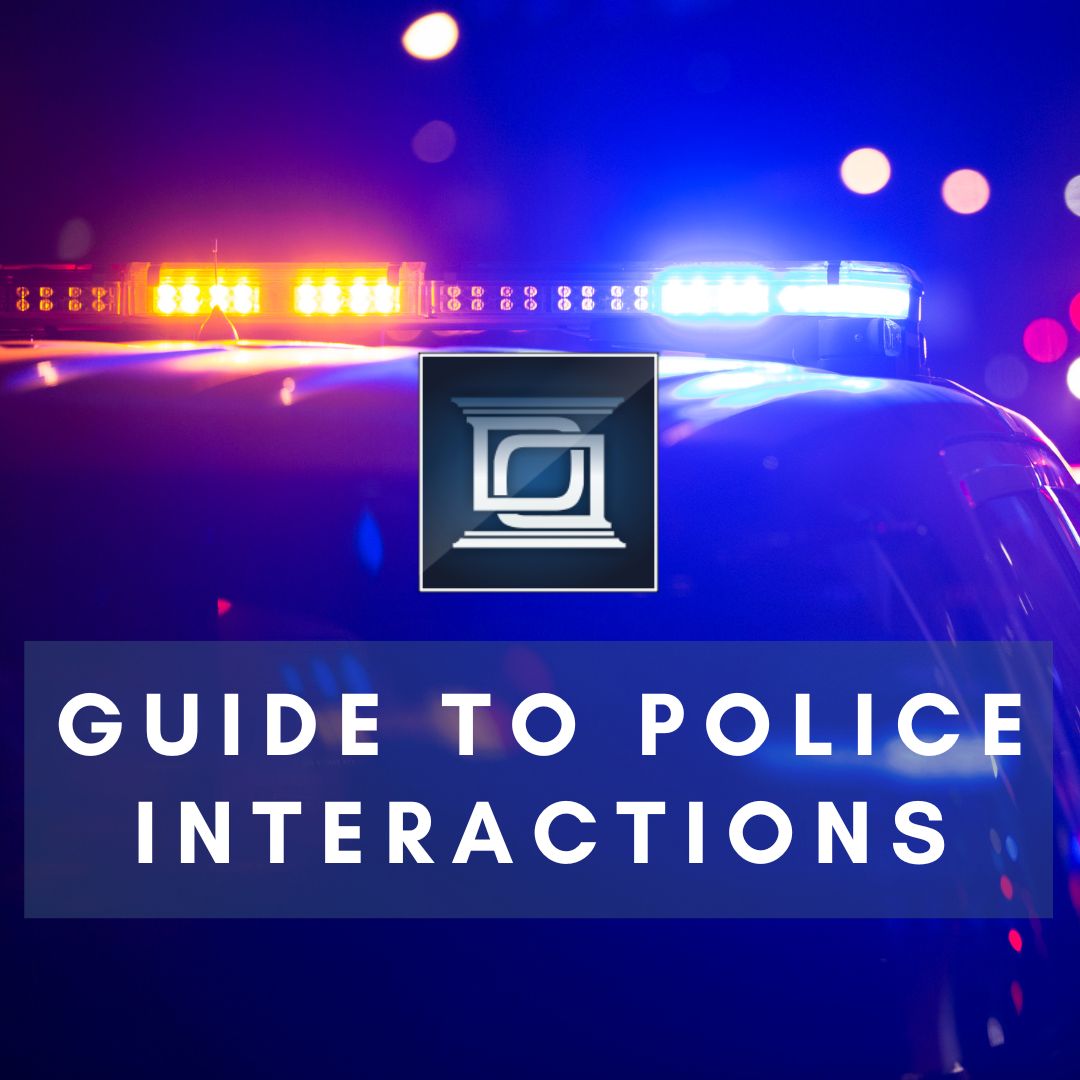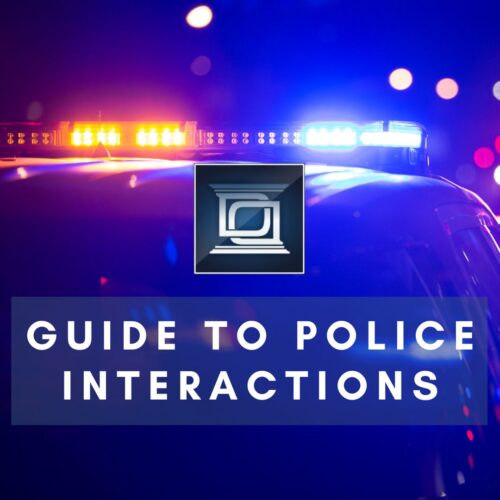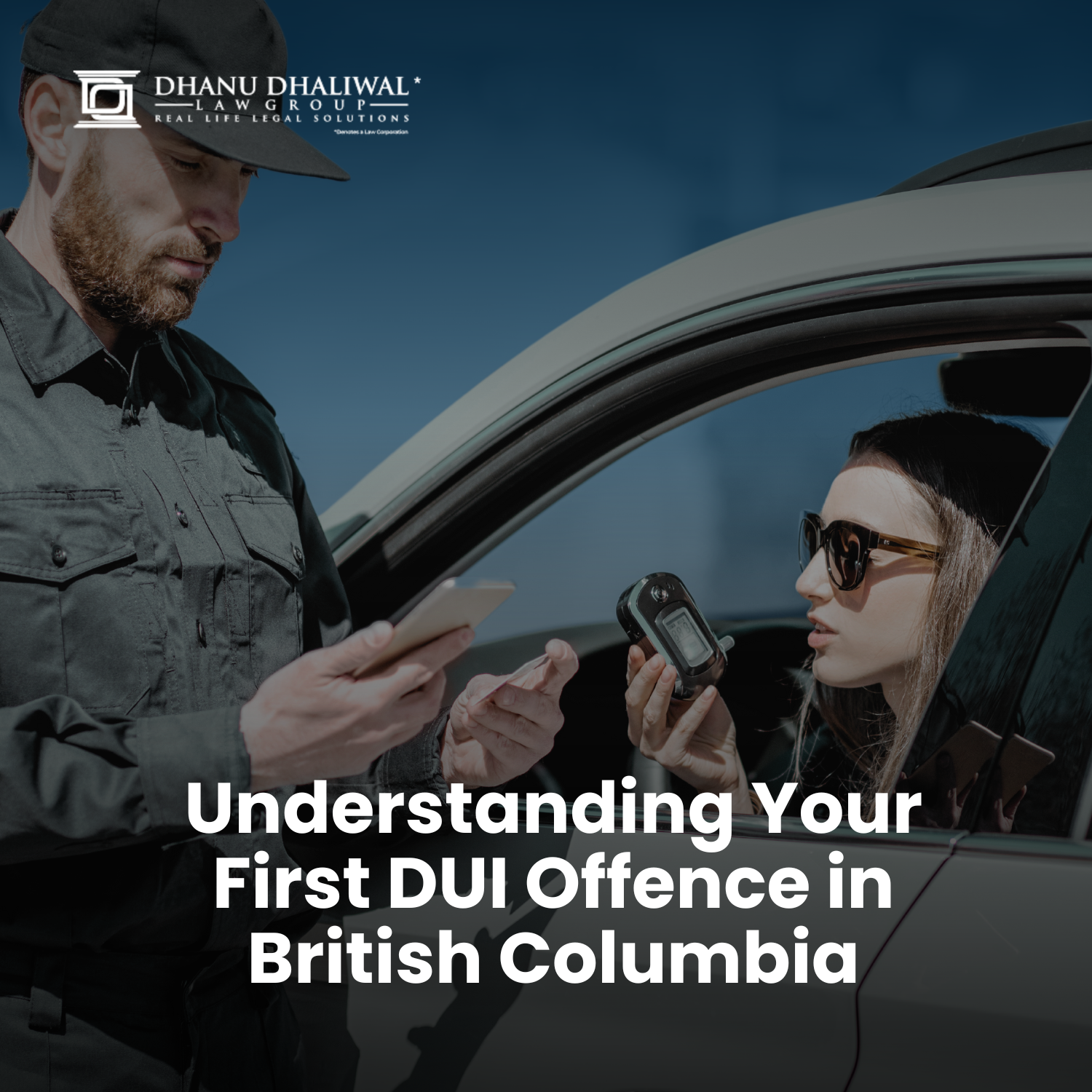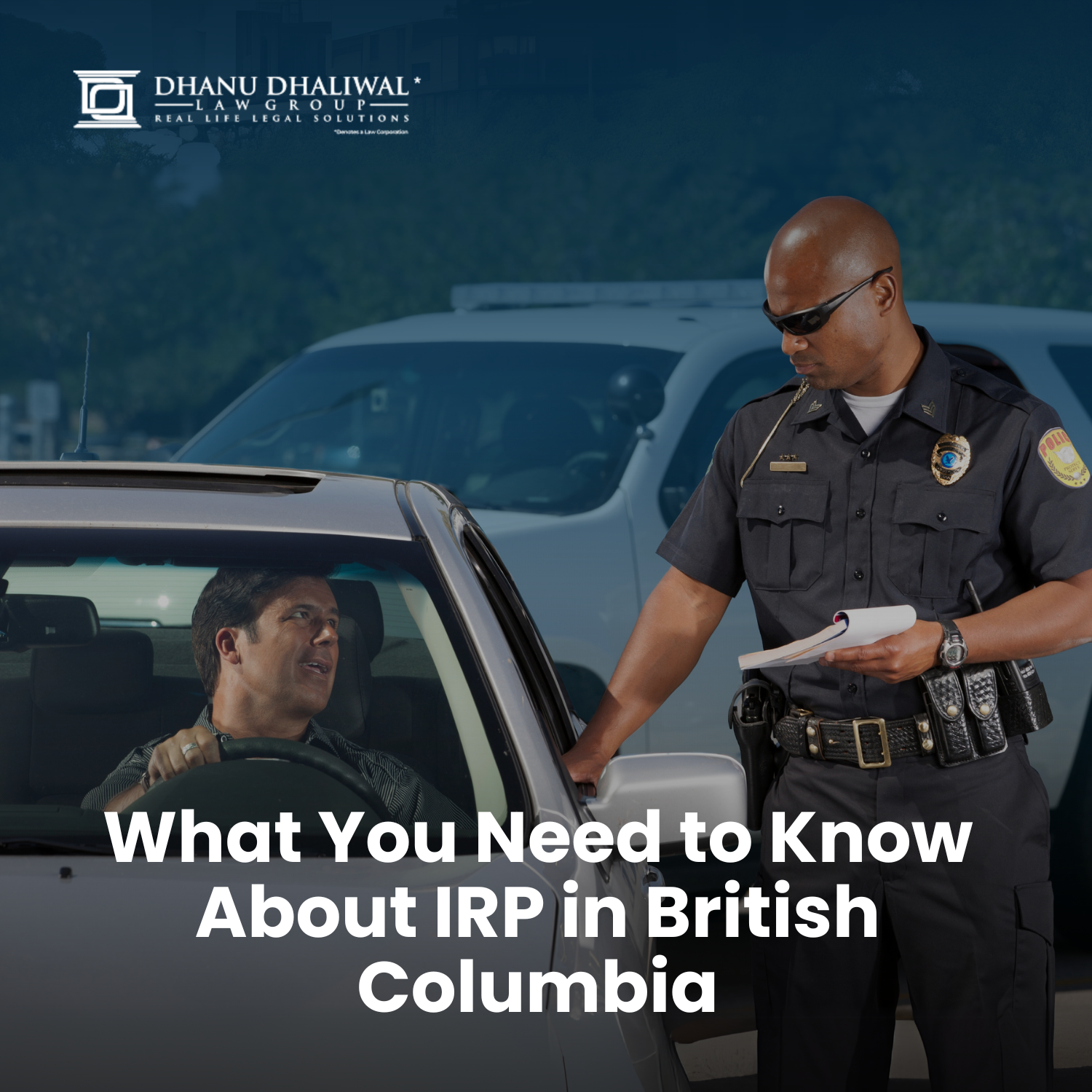As we continue our series on police interactions and your rights, we delve into a critical aspect of preserving your privacy and protecting your rights: the right to refuse searches. Understanding search and seizure laws, knowing your rights during vehicle searches, and handling requests for consent searches are essential elements in safeguarding your liberties during encounters with law enforcement.
Understanding Search and Seizure Laws
Search and seizure laws are fundamental to maintaining a balance between law enforcement’s duty to protect the public and your right to privacy. In Canada, these laws are governed by the Canadian Charter of Rights and Freedoms. It’s crucial to understand the following key aspects:
- Reasonable Expectation of Privacy: You have a reasonable expectation of privacy in various areas, such as your home, personal belongings, and even your vehicle. Law enforcement typically requires a warrant to conduct a search in these areas, except in specific circumstances.
- Search Warrants: A search warrant is a court order that authorizes law enforcement to conduct a search of a specific location or item. To obtain a warrant, they must demonstrate to a judge that they have reasonable grounds to believe evidence of a crime will be found.
- Exigent Circumstances: In some situations, law enforcement may bypass the need for a warrant if there are exigent circumstances, such as the risk of imminent harm or the potential destruction of evidence.
Your Rights During Vehicle Searches
Police often conduct vehicle searches during traffic stops or other interactions. It’s essential to know your rights to protect your privacy and ensure any search is lawful:
- Probable Cause: Typically, police must have probable cause to search your vehicle without a warrant. This means they must have reasonable grounds to believe evidence of a crime is in the vehicle.
- Search Incident to Arrest: If you’re placed under arrest, the police may conduct a limited search of your vehicle’s passenger compartment to ensure officer safety and prevent the destruction of evidence.
- Consent Searches: Police may request your consent to search your vehicle. You have the right to refuse consent, and doing so does not imply guilt or provide grounds for a search.
Handling Requests for Consent Searches
Requests for consent searches can be tricky to navigate. Here’s what you need to know:
- Your Right to Refuse: You are under no obligation to consent to a search. You can politely decline the request by saying, “I do not consent to a search.”
- Remaining Calm and Respectful: It’s essential to remain calm and respectful when refusing a search. Being confrontational may escalate the situation.
- Document the Encounter: If you believe your rights have been violated, document the encounter as best as you can. Note the time, location, officers involved, and any witnesses present.
- Seek Legal Counsel: If you believe your rights have been infringed upon, consult with an attorney to determine if any legal actions should be taken.
Knowing your rights regarding searches and seizures empowers you to protect your privacy and maintain your legal standing during police interactions. Please know that this post does not constitute legal advice. Get in touch with our criminal defence lawyers by calling our office or by filling out the contact form on this page.






